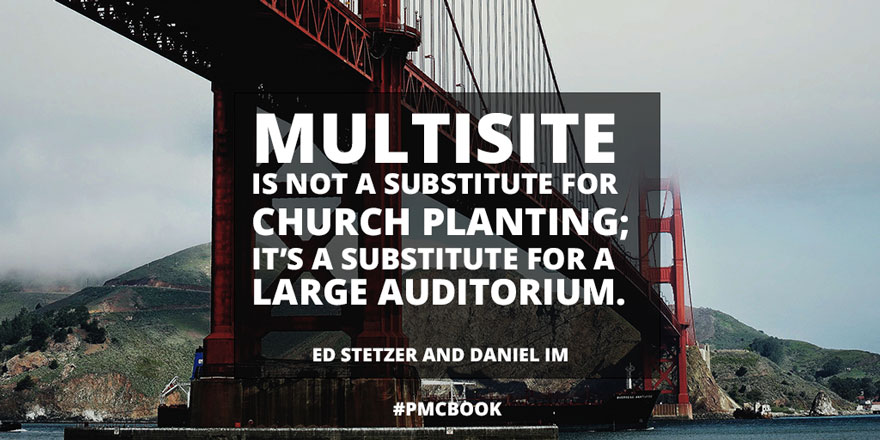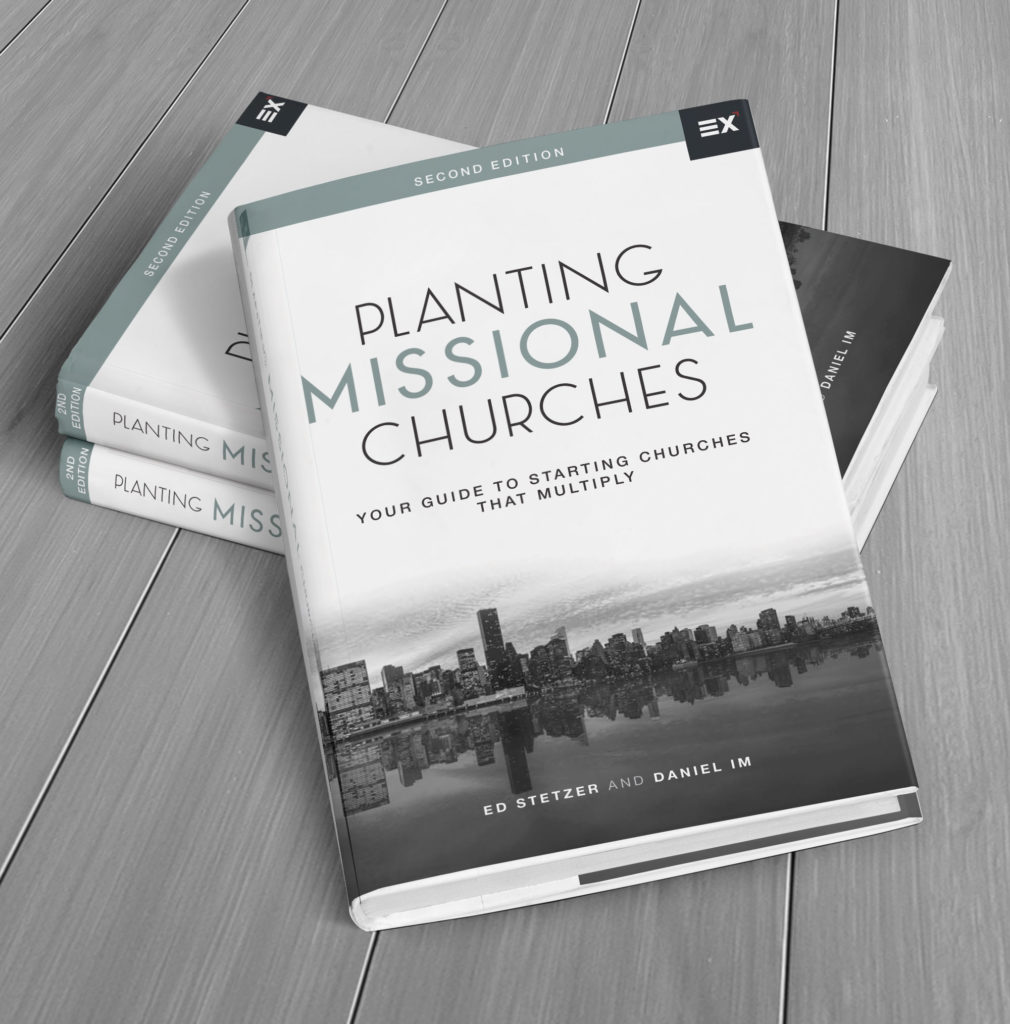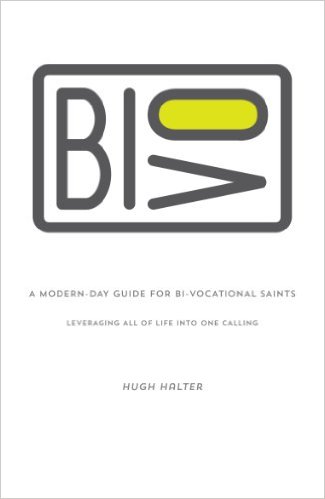
The type of leader who plants an urban church looks different than the one who plants a rural one.
This is a relatively unimpressive statement for obvious reasons. After all, those who would want to live on a 20 acre piece of land and raise chickens are typically not the same type of people who would want to live in an 800 square foot high rise and prune a banzai tree or a Chia pet. (Remember when that was a thing?)
This is kind of like someone who asks you if they can ask you a question, when by virtue of asking you that question, they’ve already asked you a question. Or, as the great philosopher and comedian Steve Martin said, “A day without sunshine is like, you know, night.”
What makes something obvious anyway? And who determines what constitutes as common knowledge?
Okay, before I cause you to have an existential breakdown, let me get to the point of this nonsense.
The Point
In the past few months, I’ve been traveling quite a bit talking about church planting, leadership, and discipleship. I’ve been sharing from my latest book that I co-authored with Ed Stetzer, Planting Missional Churches, as well as from the latest research we conducted on church planting and multiplication. You can download that research for free here.
As a result, I’ve had the privilege and blessing to meet with church planters and pastors in major metropolitan cities like New York, Houston, and Los Angeles. And I’ve noticed something.
The type of leader who plants a church in New York is different than the type of leader who plants in Houston or Los Angeles.
It’s not that they necessarily look different, or require distinctive theological education, but there’s definitely a difference. It’s almost…intangible.
It’s kind of like when someone asks a happily married couple how to tell if someone is the one. The answer is often, “You just know when you know.”
[Read more…] about Pastor, What Makes Your City Unique?



